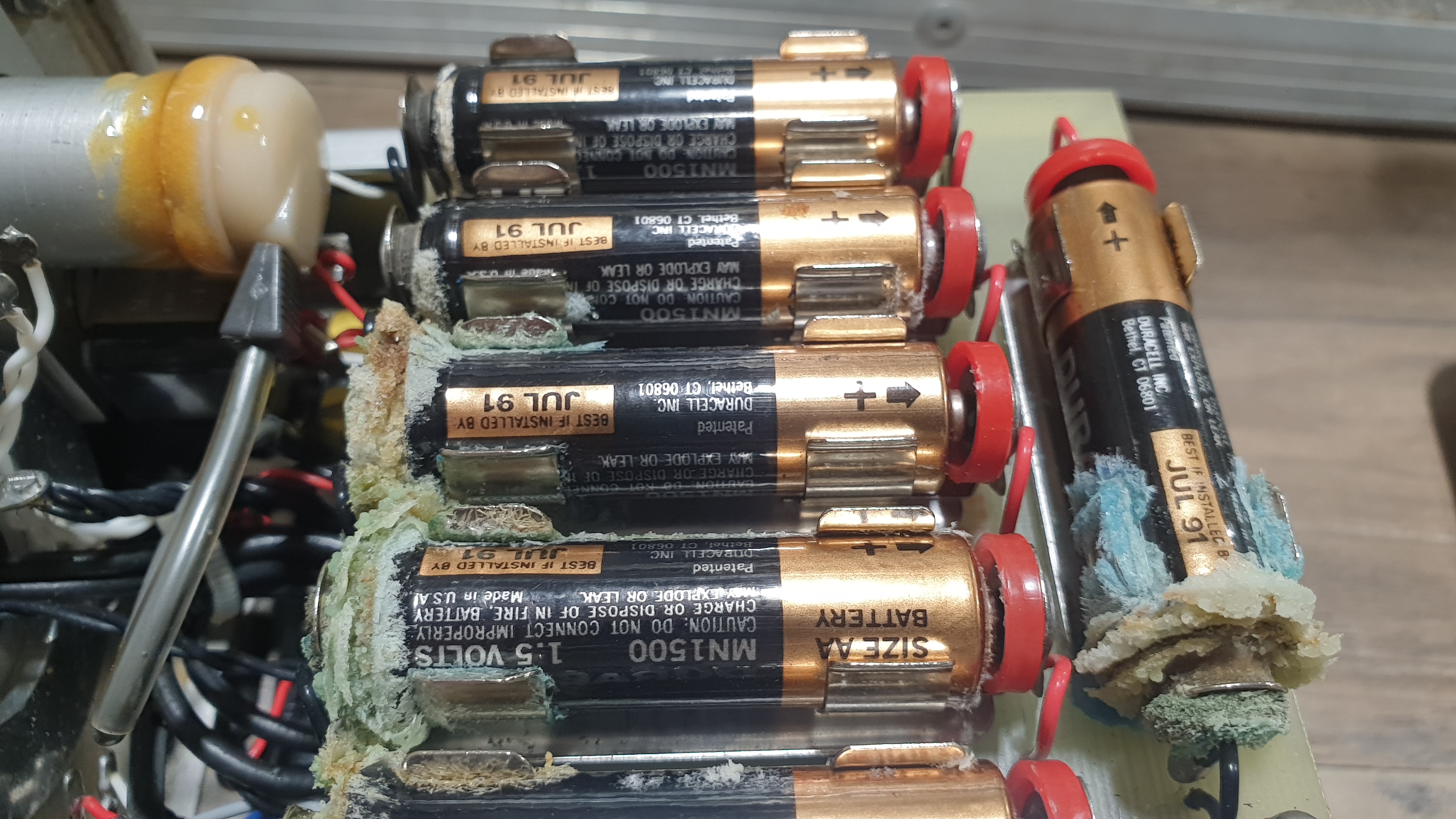this post was submitted on 16 Oct 2024
179 points (99.4% liked)
Electronics
2559 readers
1 users here now
Projects, pictures, industry discussions and news about electronic engineering & component-level electronic circuits.
Rules
1: Be nice.
2: Be on-topic (eg: Electronic, not electrical).
3: No commercial stuff, buying, selling or valuations.
4: No circuit design or repair, tools or component questions.
5: No excessively promoting your own sites, social media, videos etc.
Ask questions in https://discuss.tchncs.de/c/askelectronics
founded 2 years ago
MODERATORS
you are viewing a single comment's thread
view the rest of the comments
view the rest of the comments

please advise how to dissolve the gunk at home (using household items, cleaning products, or something that is available at local stores).
Someone said "use acid", but I'm like "how the F am I supposed to get acid?"
Vinegar is acetic acid. Distilled Vinegar is quite useful as a general household cleaner.
Lemon juice contains citric acid.
CLR or a similar product that takes care of limescale (etc) is a mixture of acids.
Muriatic (another name for hydrochloric) acid is available from most hardware stores and can be used for dealing with rust.
https://www.nytimes.com/wirecutter/guides/how-to-clean-battery-corrosion/
Mild acids that are food grade are great because you don't have to worry about occupational health exposure. A lot of people use vinegar. I use citric acid -- which you can find in the grocery store in the spices section. Citric acid is what makes sour candies sour. You buy it as a powder.
I mix a little water and citric acid and let the part soak in it, then brush with a soft wire brush (not steel wire, as it's too hard and will scratch the parts too much).
But, as a tangent, buying stronger acids is pretty easy, depending on the acid. Hydrochloric acid is sold in hardware stores as muriatic acid. Sulphuric acid is used to recharge lead-acid batteries. You'll have a harder time finding nitric acid (because people can make explosives with it) or hydrofluoric acid (cause it is actually deadly as fuck), but industrial suppliers often have them. I wouldn't handle any of these without some training. Even muriatic acid will off-gas chlorine and cause all the tools in your shop to rust if stored improperly. (From experience.)